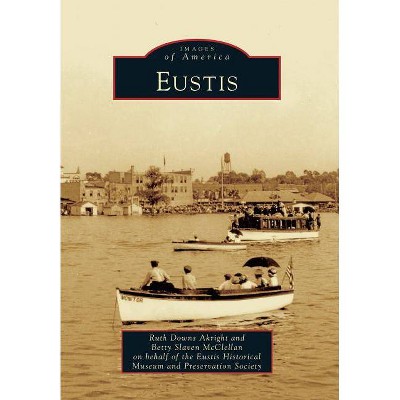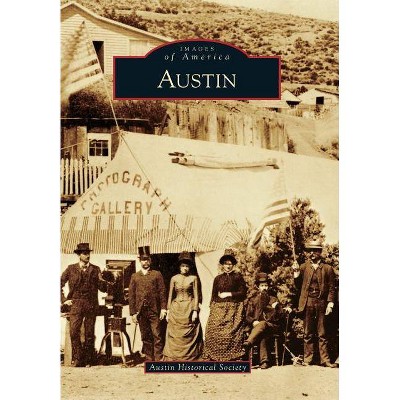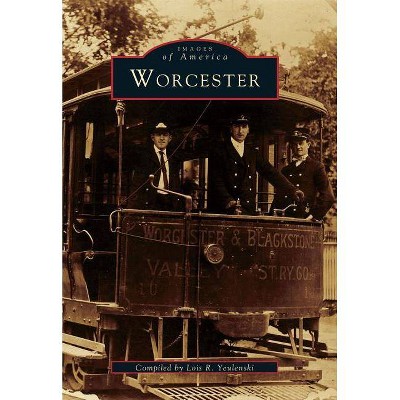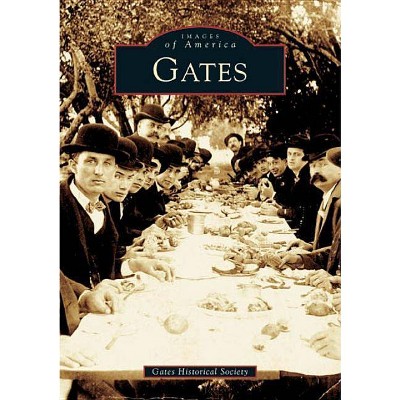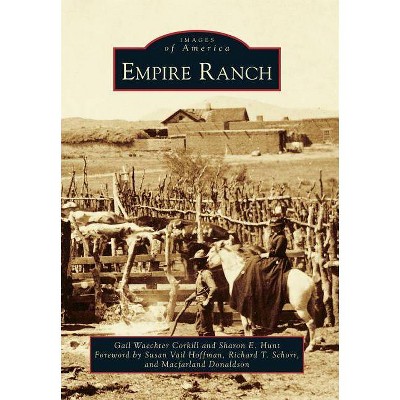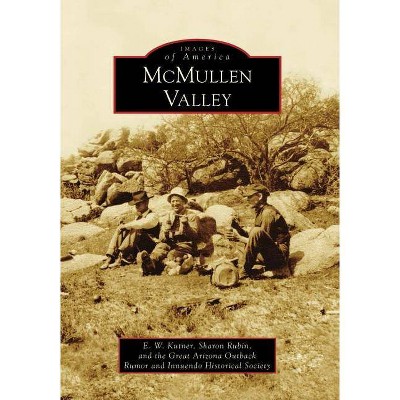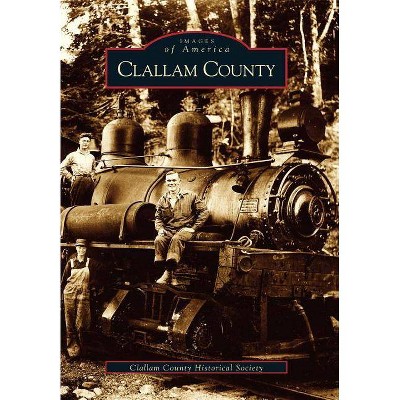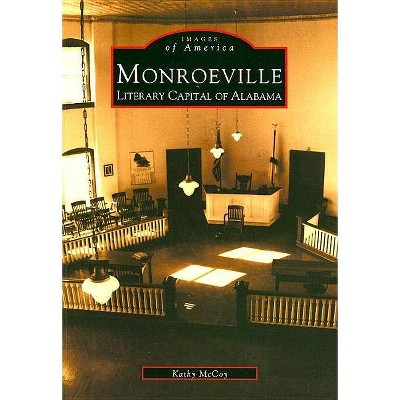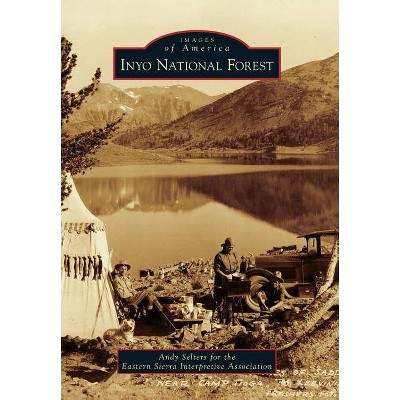Wauconda - (Images of America (Arcadia Publishing)) by Kathy Catrambone & Marianne Folise (Paperback)
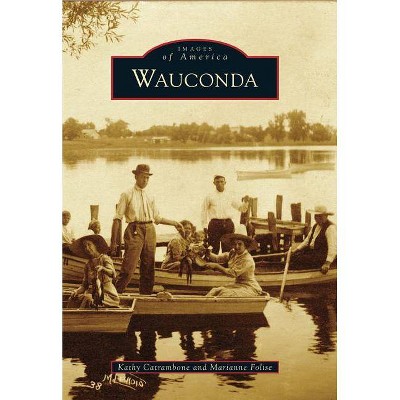
Similar Products
Products of same category from the store
AllProduct info
<p/><br></br><p><b> About the Book </b></p></br></br>To the Algonquin-speaking Native Americans, the territory later to be named Wauconda was their land. With the 1833 Treaty of Chicago, they were forced to cede it to the US government and move west of the Mississippi River. This action paved the way for white European Americans to settle and prosper. Their descendants thrived, built successful businesses, and raised families. Shortly after the beginning of the 20th century, the railroad and new roads brought out Chicago city folks who cooled themselves on Waucondas sandy beaches. Now many 21st-century residents who can trace their lineage to those early families continue to live and work as Wauconda adapts to growth.<p/><br></br><p><b> Book Synopsis </b></p></br></br>To the Algonquin-speaking Native Americans, the territory later to be named Wauconda was their land. With the 1833 Treaty of Chicago, they were forced to cede it to the US government and move west of the Mississippi River. This action paved the way for white European Americans to settle and prosper. Their descendants thrived, built successful businesses, and raised families. Shortly after the beginning of the 20th century, the railroad and new roads brought out Chicago city folks who cooled themselves on Wauconda s sandy beaches. Now many 21st-century residents who can trace their lineage to those early families continue to live and work as Wauconda adapts to growth."
Price History
Price Archive shows prices from various stores, lets you see history and find the cheapest. There is no actual sale on the website. For all support, inquiry and suggestion messagescommunication@pricearchive.us
